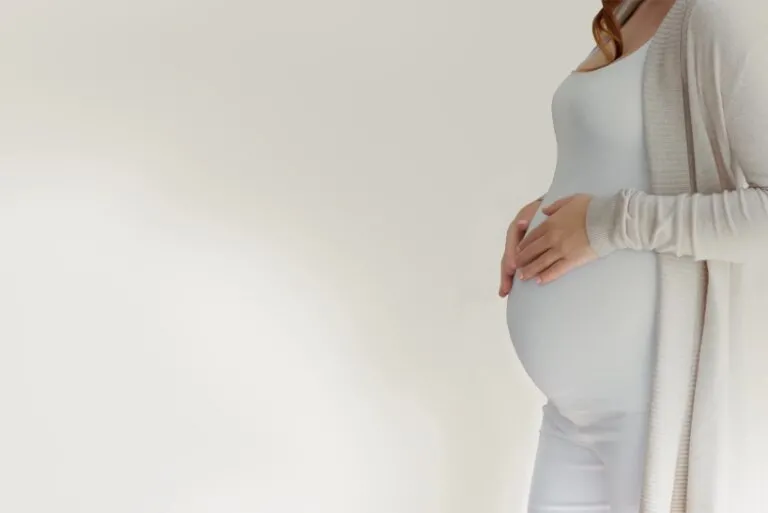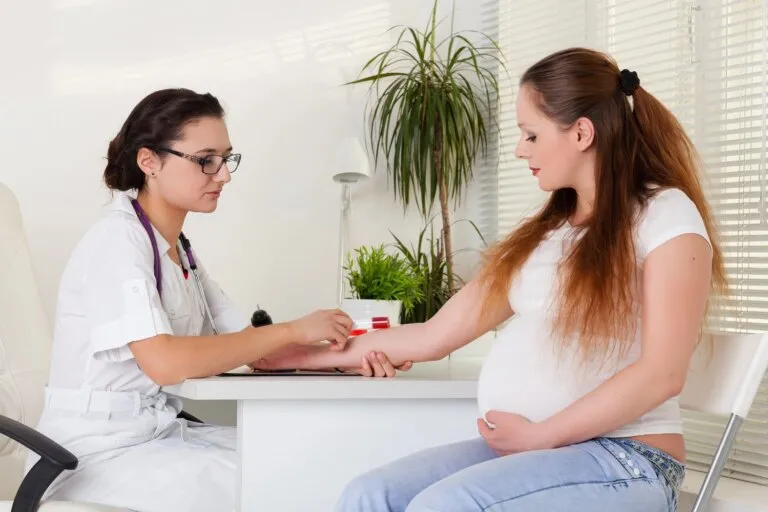For years, experts have been pointing out the important role that healthy sleep plays in our lives. Pregnancy is a time when many changes take place in the body. One of them that expectant mothers notice is the sleepiness that already occurs in the first weeks of pregnancy. Find out what is the best sleeping position during pregnancy and learn how to sleep better.
Sleep problems during pregnancy
Many pregnant women complain about sleep problems during pregnancy. The most common problem is excessive sleepiness, which already occurs in the first trimester. Naps and increasing fatigue are part of everyday life for many expectant mothers. This is due, among other things, to a physiological increase in the concentration of progesterone in the pregnant woman’s body. In addition, sleep problems during pregnancy can also be a symptom of various complications that occur during pregnancy. They can be a symptom of abnormal blood sugar levels in the context of gestational diabetes, as well as anemia or hypothyroidism. Mandatory examinations during pregnancy allow early detection of a possible condition and initiation of treatment.
There is also a large group of pregnant women whose sleep problem is not excessive sleepiness but, on the contrary, insomnia. Depending on the trimester of pregnancy, this can have different causes. Some expectant mothers cannot sleep at night because they take too many naps during the day. In the second trimester, when the pregnant woman begins to feel the baby’s kicks, the baby’s activity can make it difficult to sleep soundly. Frequent trips to the bathroom are also one of the possible causes of sleep problems during pregnancy. If these problems are not a symptom of a more serious condition, the expectant mother should pay special attention to the quality and conditions of her sleep.
How to sleep better during pregnancy
Sleep hygiene in the form of daily rituals and habits helps to get rid of sleep problems. Among the recommended methods is the regularity of going to bed. We should do it at the same time every day. The bedroom should be aired before going to bed. You should also avoid sleeping with the radiators on, as they dry out the air. Experts also advise against watching TV in the bedroom or using devices such as smartphones or tablets while lying in bed. Avoiding hard-to-digest foods for dinner can also help with sleep problems. It is also important to find a comfortable sleeping position, which becomes increasingly difficult for many women as pregnancy progresses.
Best sleeping position during pregnancy
At the beginning of pregnancy, a woman can sleep in the same position as before. As more weeks pass and the belly becomes larger, the sleeping position is forced. This is due to the fact that expectant mothers should not sleep on their stomachs. Towards the end of pregnancy, it is also not advisable to sleep on your back because of possible pressure on vessels such as the inferior vena cava. It is best to choose the right or left side. Special sleeping pillows that the expectant mother can assemble and adjust herself can also be useful. After birth, they can be used as nursing pillows to facilitate breastfeeding the baby.











